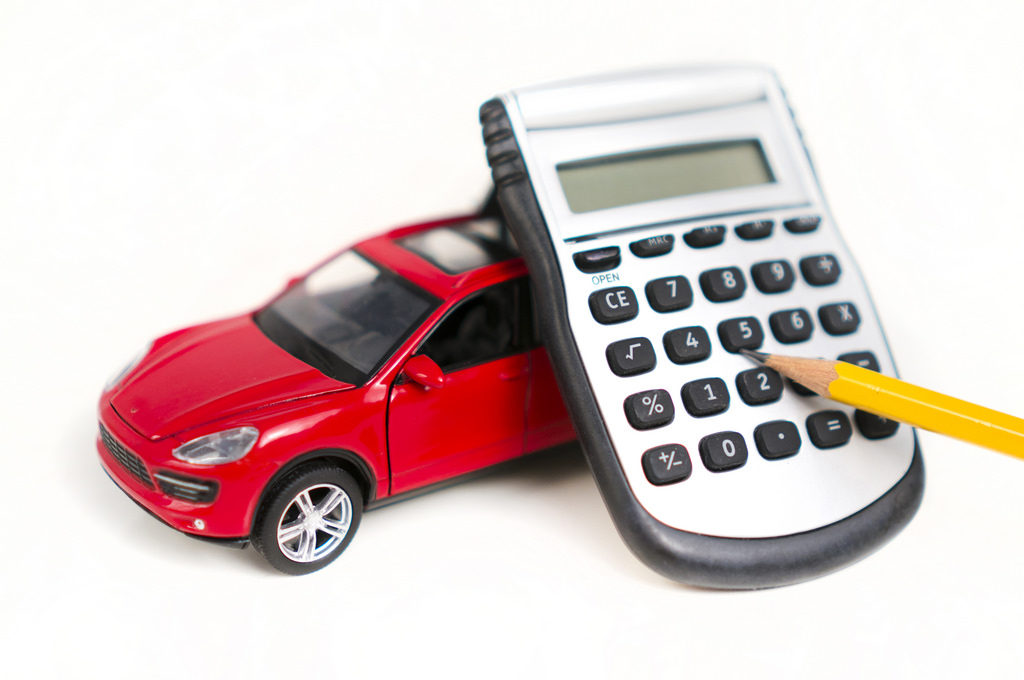There’s no way to sugarcoat it; driving is expensive. Moreover, those costs are even steeper when you are new to the road. Therefore, finding ways to slam the brakes on those mounting overheads should be top of every first-time driver’s agenda. Here are five of the best tricks to make those early experiences behind the wheel a little less painful.
Take a crash course: Learning to drive is a pivotal step en route to becoming a happy driver, and you must do what is right for you. Nonetheless, passing first time will go a long way to preventing soaring fees. Given that intense crash courses have a far better pass rate, this could be a very useful pathway. Alternatively, if you are going to take traditional lessons, make sure that you keep taking them. Doing a few at a time before taking a break will result in far slower progress. Once you’ve started, it’s best to get it out of the way.

Buy a used car: It’s a little obvious, but opting for a used car rather than a new one is essential. The fact of the matter is that you’ll probably upgrade to a new model within a few years, so losing money to depreciation will only cause further problems. When added to the fact that a new motor will cost more to purchase, and insure, the benefits of a used vehicle are clear to see. Just make sure that you get someone to check it over before committing to the purchase.
Add a named driver: Sharing your car might feel like you’re losing some of the joy, but the financial rewards are huge. Not only does it mean that someone else is responsible for keeping it in good health, but you’ll also gain reduced insurance. Doing this solely for insurance purposes without intending to share the car is illegal in many territories. So, you should only consider this under the right circumstances. Nonetheless, if you can share it with a more experienced family member, it can be a great way to drive costs down.
Keep the car in good health: The condition of your car will have a telling impact on the running costs. Firstly, damaged parts can actively increase fuel consumption and other ongoing expenses. More importantly, leaving problems untreated allows them to escalate. Sending the vehicle for auto repair sooner rather than later will save you money in the long run. Furthermore, it could save your life. If that doesn’t encourage you to change your approach, what will?
Drive better: Fuel economy and running costs aren’t dictated solely by the health of the vehicle, though. In truth, the way you handle your driving habits is just as influential. There are plenty of gadgets on the market to promote greener driver. Meanwhile, an advanced driving course could pay dividends in the long run as long as you take heed of the advice gained. Even if it’s simply learning to complete your tasks in one trip rather than several throughout the day, the impacts can be huge.




